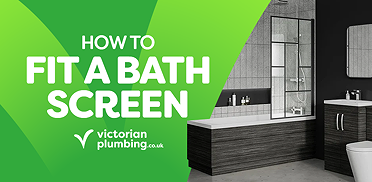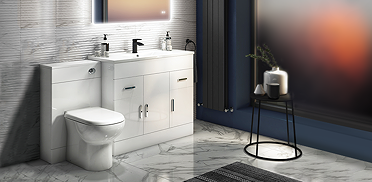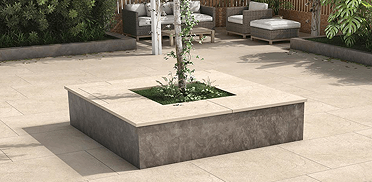Found our tips on the top 5 causes of blocked plug holes helpful? Need more bathroom tips and inspiration? Stick with us here on the Victorian Plumbing blog. Want to learn more about how your home's plumbing works? Try our recent Beginner's Guide to Home Water Systems.
Grab Up To 60% Off In Our February Sale!
Valentine's Deal + Extra 10% Off Taps With TAPS10. Ends:
The Top 5 Causes of Blocked Plug Holes (And How to Prevent Them)
The Top 5 Causes of Blocked Plug Holes (And How to Prevent Them)
From slow draining bathtubs to smelly kitchen sinks - we've looked into the most frequent causes of blocked plug holes and how to prevent them.
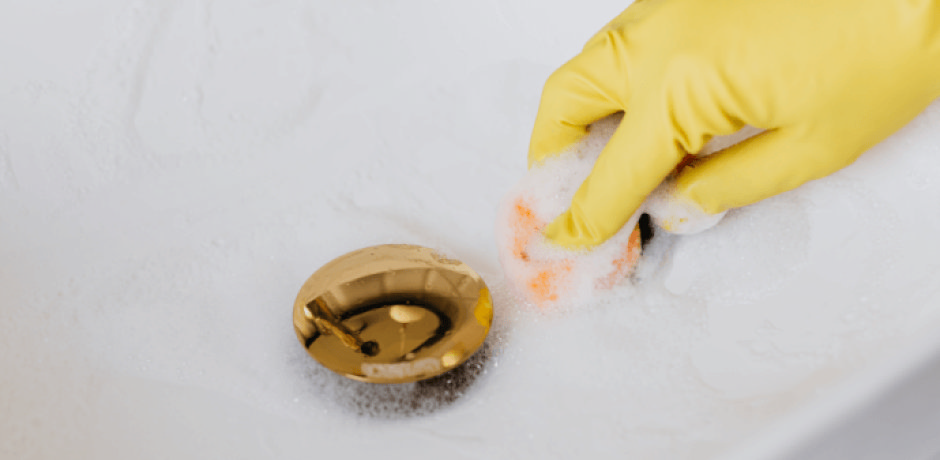
Though keeping them clear all sounds like common sense, you'd be surprised at how many of us do things that could block our plug holes without realising.
So, before you call for that plumber or reach for the plunger, read on to find out some of the most common causes of plug hole blockages and what can be done to dislodge them.
We'll also cover some of the minor changes you can make to your day to day routines that should help prevent these blockages from occurring again.
Top 5 Reasons Your Plug Hole Is Blocked
1. Food Waste
The most common cause of blocked plug holes happens to be food waste. No matter how careful we are when scraping our plates and washing our dishes, foods such as pasta, rice and vegetables can easily end up blocking kitchen plug holes. Food blockages are particularly notorious due to the fact that almost any trapped food can quickly grow mouldy and start sending highly unpleasant smells up through your plug hole. Not ideal in a space where food is both eaten and prepared! A great way to combat this is to ensure that your kitchen sink waste has a strainer installed. One of these should help catch any food particles that can slip through the net.
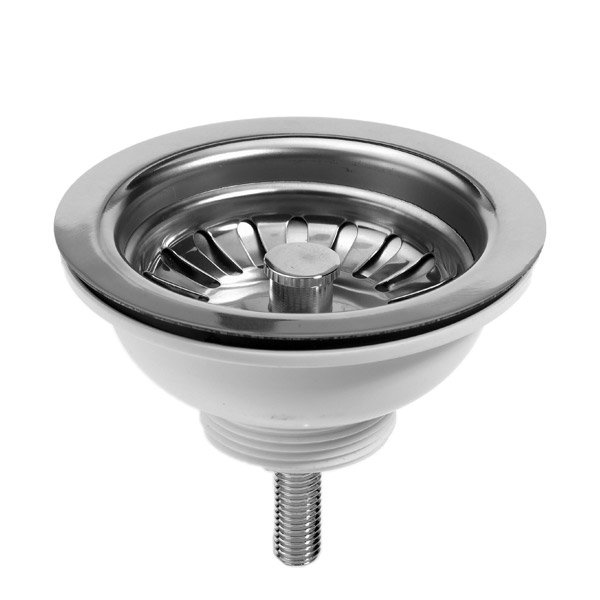
2. Hair
Unfortunately, there are some downsides to being follically gifted! If you or a member of your family has a glorious mane, you'll likely be already aware of how quickly stray hairs can build up in shower and bath plug holes. If you're not quick to tackle these they can soon cause blockages, so always check for blocked bath plug holes after use to collect any flyaways.
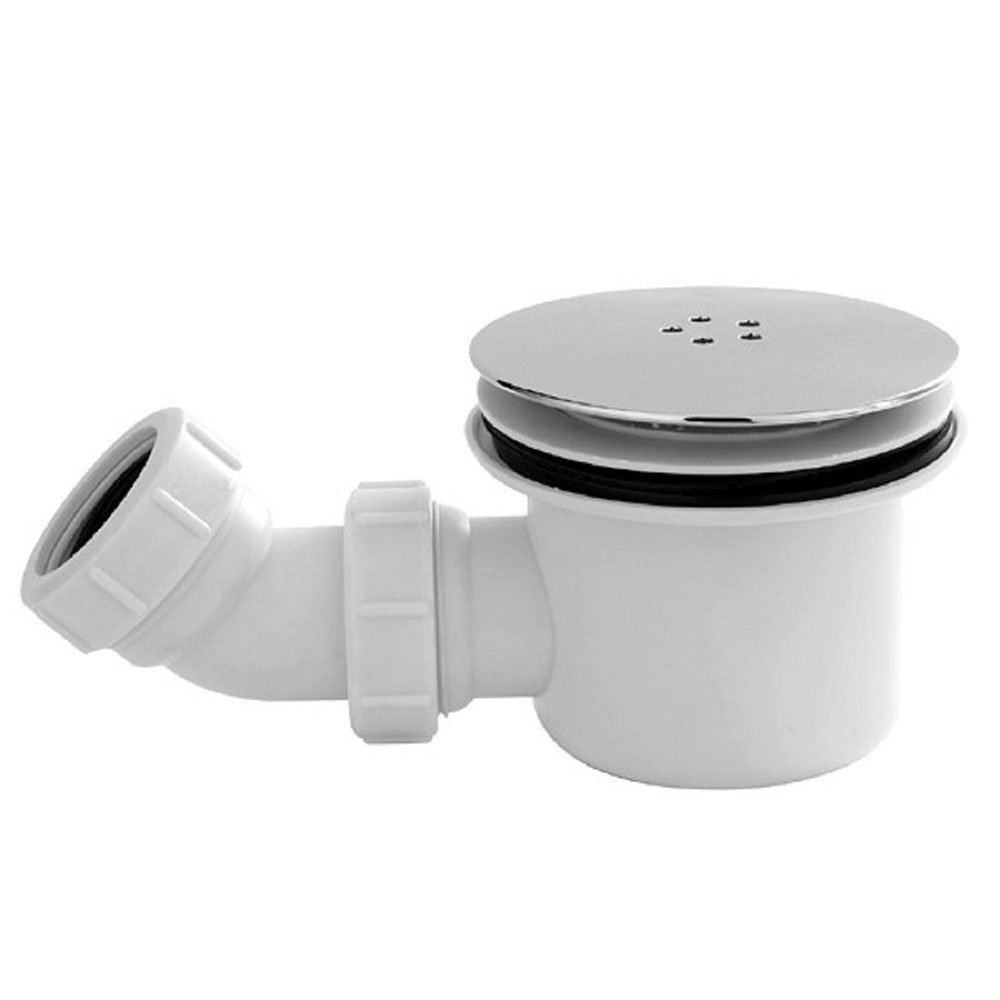
3. Cooking Oils & Fats
Though it should go without saying, substances used for cooking - namely oils and fats - should never be poured down sinks. These thick, viscous substances are a nightmare for drainage systems as they are not easily flushed away with water. Instead, oils and fats cling to the inside of drainage pipes gradually clogging them. Always dispose of your oils safely by letting them cool and pouring them into sealed plastic containers before placing them in your general waste.
4. Garden Waste
This may sound a little strange, but garden waste such as leaves and lawn trimmings can have a big impact on your home's sinks! In a lot of properties, the kitchen sink is linked directly to a drain outside the property. If you fail to keep an eye on these outdoor drains, they can quickly become blocked - especially in harsher seasons such as autumn and winter. This blockage will cause sinks to drain very slowly and, in worse cases, can cause nasty smells to develop from the plug hole.
5. Pipe Decay
Though rare, blocked plug holes can occasionally be caused by the decay of old pipes. Situations such as this can occur in older properties where the home's water pipes have either been poorly maintained or have been damaged by roots of nearby trees.
Tips For Preventing Blocked Plug Holes
To keep on top of your plug holes we recommend that you add the following short tasks to your cleaning routines. Though these will only represent small changes to your day-to-day tasks, they could save you from big headaches further down the line:
- In kitchens, always use a waste with a strainer to catch smaller food particles
- Scrape dishes thoroughly before washing and never let food go down the plug hole
- Quickly wash down your bath/shower after each use and collect any hair
- Dispose of cooking oils and fats in your general waste - never use the sink!
- Keep an eye on your outdoor drains - especially in colder months

George
George is one of our interior experts. He loves to write about the latest bathroom trends and he's a dab hand with bathroom DIY too.
